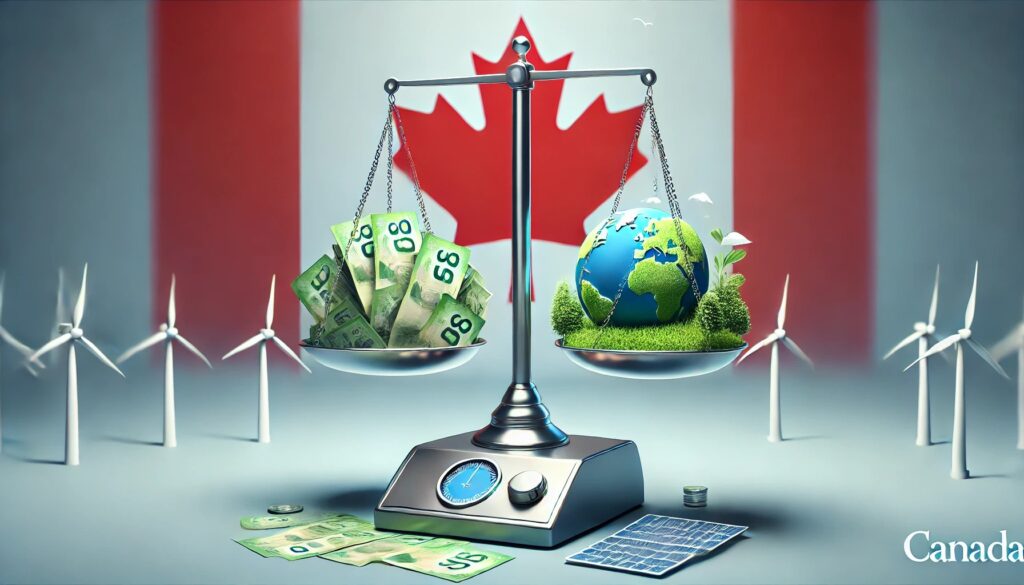Understanding Canada’s Carbon Tax and Recent Changes
March 16, 2025
Sector:
Canada’s Carbon Tax: Tax Treatment for Businesses and Individuals Explained
Canada’s carbon tax has long been a cornerstone of the federal government’s approach to reducing national greenhouse gas emissions. Since its introduction in 2019, the carbon tax has influenced both business operations and Canadian households, aiming to encourage the adoption of cleaner energy sources. As a Chartered Accountant in Canada, I will clarify the latest developments, including tax treatment and recent legislative changes, so your business or family remains compliant and maximizes available benefits.What is Canada’s Carbon Tax?
The carbon tax applies a direct levy on the purchase and consumption of fossil fuels, such as gasoline and natural gas. The government’s objective is to reduce carbon emissions by making carbon-intensive activities more costly, thereby encouraging both businesses and individuals to shift toward more sustainable energy alternatives. For a deeper look at how Canadian tax policies work, visit our Canadian Tax Services page.Business Tax Treatment of Carbon Tax and Rebates
How the Carbon Tax Affects Canadian Businesses
Canadian businesses, especially small and medium-sized enterprises (SMEs), have been subject to the carbon tax for fuels used in their operations. This policy has impacted operating costs, particularly in energy-intensive industries.
